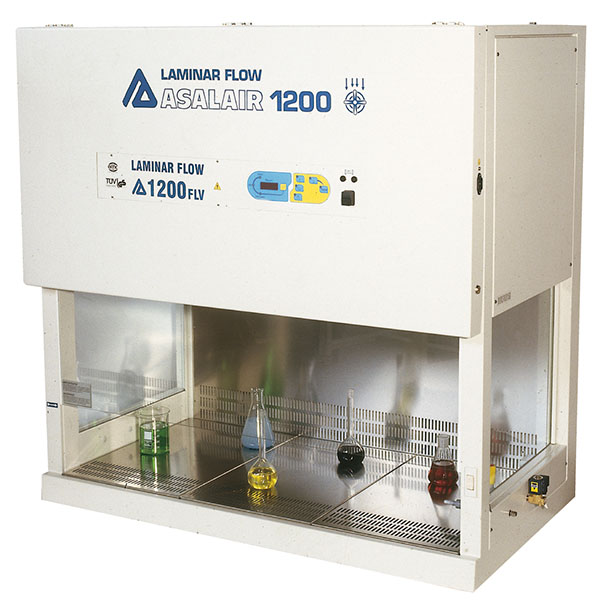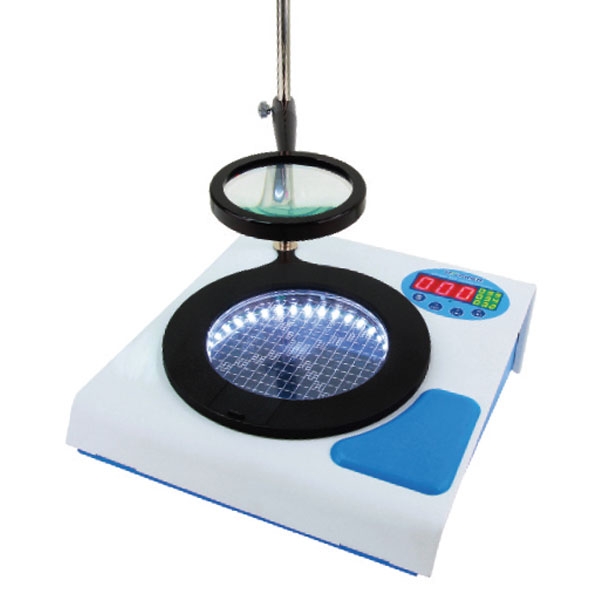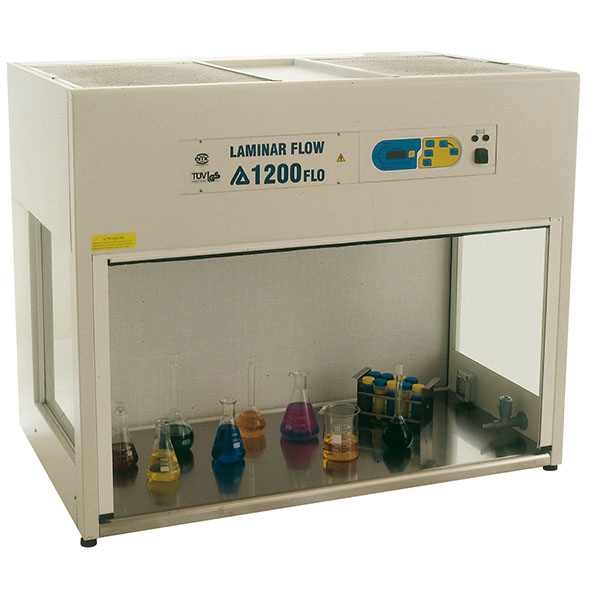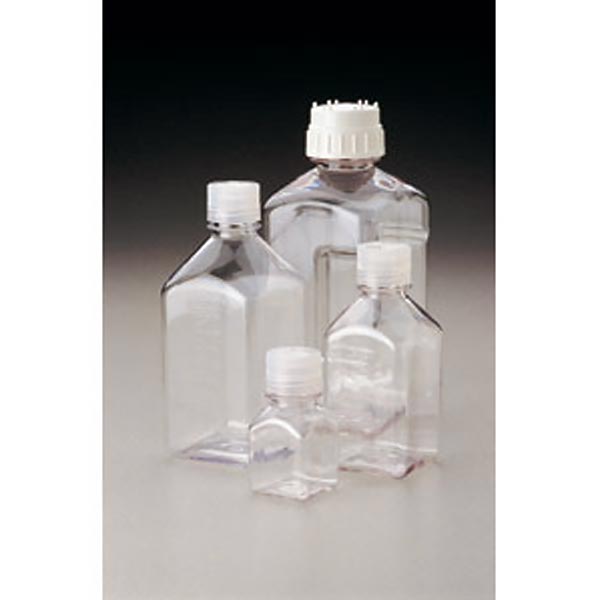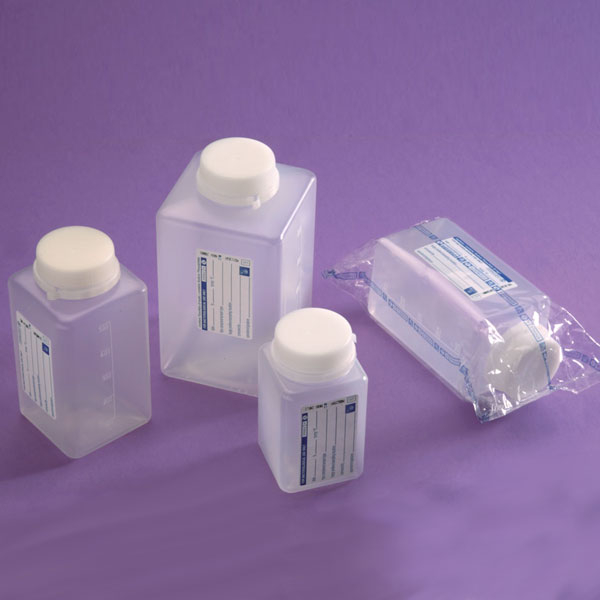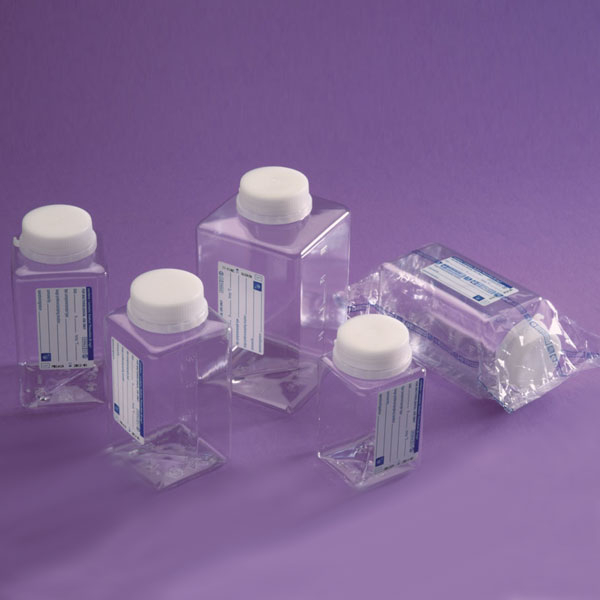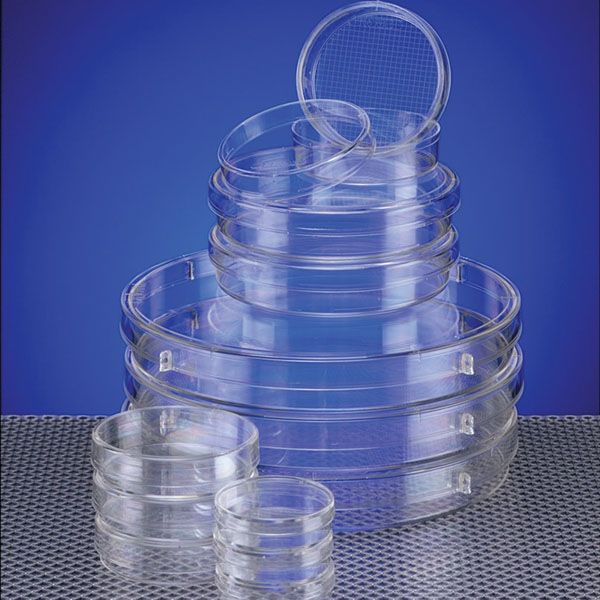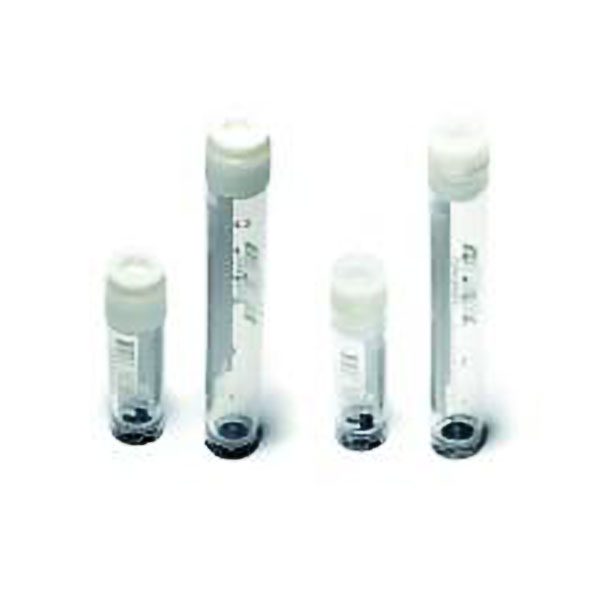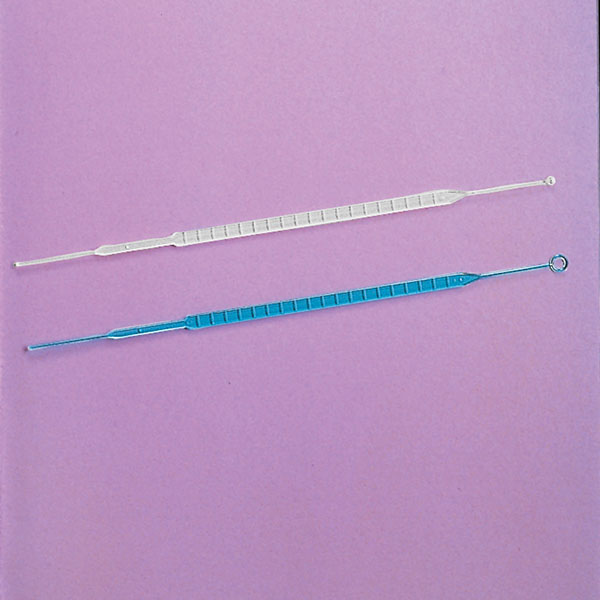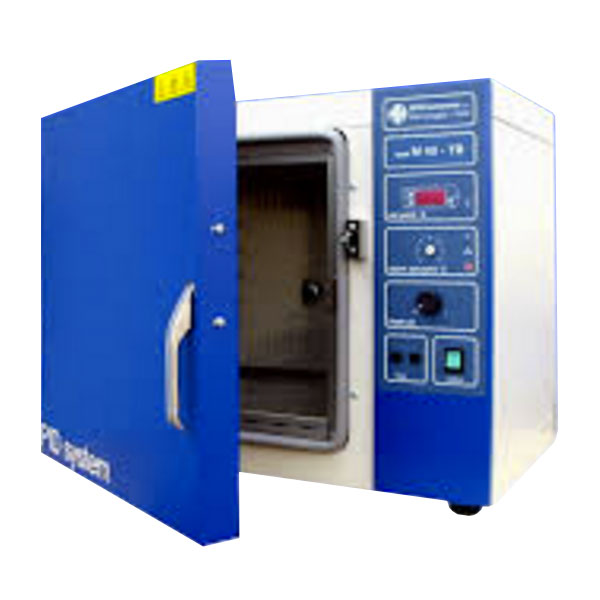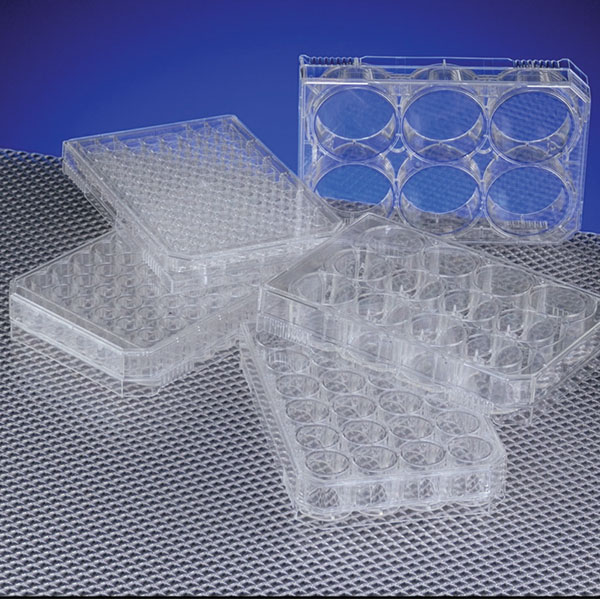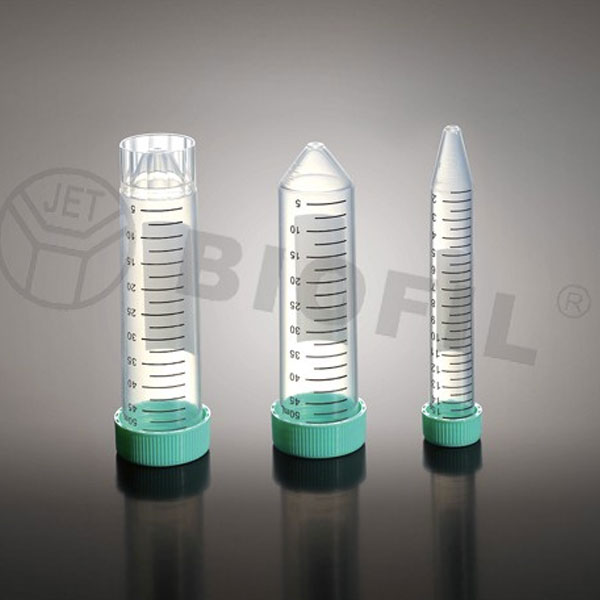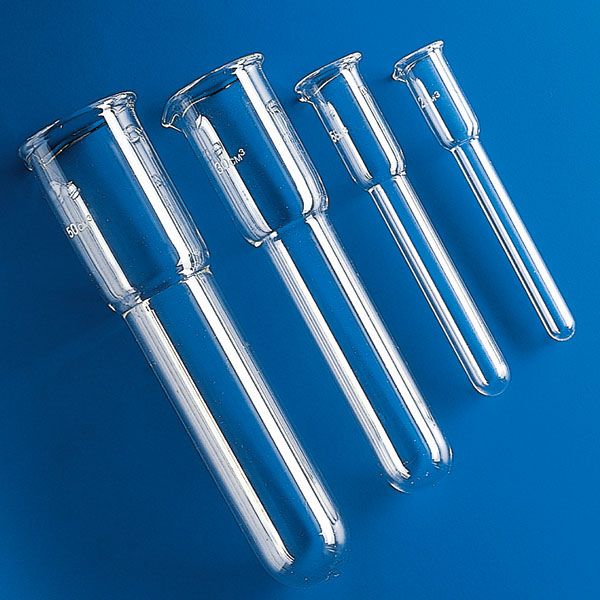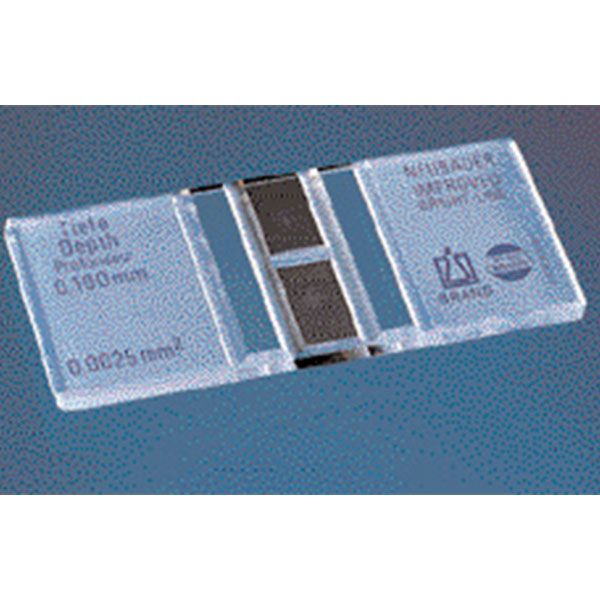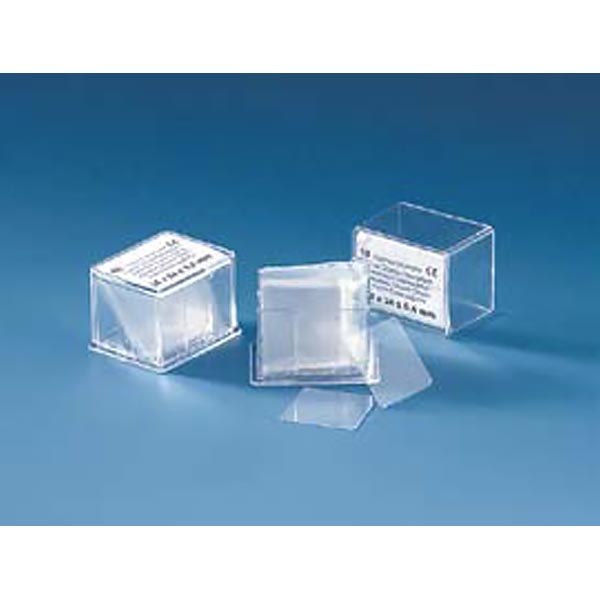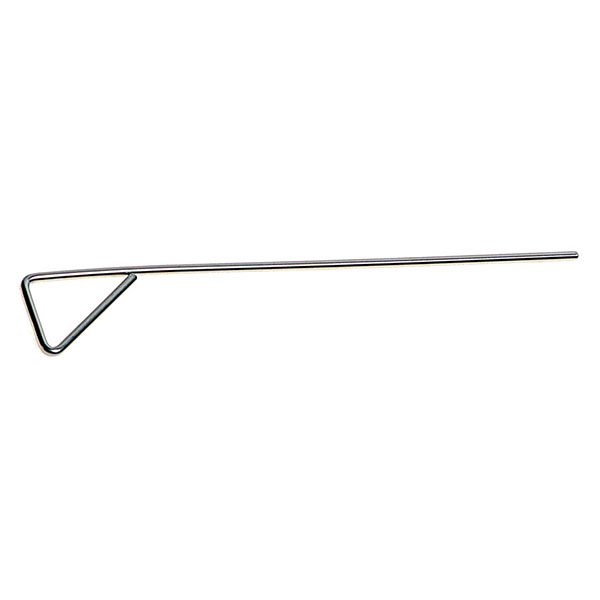Food microbiology is part of biology and studies living organisms that cannot be seen with the naked eye.
Understanding how bacteria, viruses and fungi interact with humans and the environment is the fascinating subject of microbiology.
As you can easily imagine, operating and researching such small organisms requires equipment that every laboratory must have.
In the Colaver catalogue, many products designed for this purpose, particularly disposable ones, are available for sale online.
Increasingly sophisticated instruments are being used in laboratories and more in-depth research is being carried out. In fact, according to most researchers, only a very small percentage of the organisms we come into contact with have been studied so far.
Food microbiology in our lives
Thanks to the great work done in the laboratories offood microbiology, many activities benefit from the effects of this research. Micro-organisms adapt to their environments and also have important effects on people's lives.
This is true for the study of diseases but also for the production of antibiotics.
Many food processes are also carried out by the activity of micro-organisms, such as baking or fermentation.
Manipulation of life
Microorganisms are also studied as responsible for certain cloning processes or for making genetically modified organisms. GMOs are particularly studied in plants or for the creation of particular types of enzymes.
Application areas of microbiology
- Medicine for the study of diseases and in particular immunology;
- Pharmacology both for the study of drug contamination and for the development of antibiotics and proteins to cure;
- Veterinary medicine for the same pharmacological activities applied to animals;
- In Environmental Studies for the study of microbiotic biodiversity in different ecosystems and bioremediation processes;
- In Agriculture to improve soil fertility and enhance crop yields;
- In the Industrial sector to study food fermentation or for wastewater treatments;
- In the Food sector specifically to prevent spoilage in food and improve storage;
- In Oenology to improve raw material selection techniques and improve production;
- In Cultural Heritage to improve techniques for the recovery and conservation of time-altered goods;
Tools for Food Microbiology
As we have said, many instruments, especially those intended for handling, must be disposable for as sterile a use as possible.
However, there is equipment in the laboratory that is expressly intended for microbiology-related tasks.
- homogenisers
- contacolonies
- incubators
- filtration
- laminar flow bowls
- jars
- autoclaves



